I got into backpacking accidentally because of social media. Yes, Instagram made me do it. You know the places, the beautiful blue green mountain and glacier lakes, the waterfalls, places that are more remote and take a night or two to get to. I kept seeing pictures of Havasupai Falls and decided I was going to recruit three other friends to get permits. I thought it would never happen because it’s basically a lottery, but we scored three night permits and then looked at each other and said, “Now what?”. None of us had ever backpacked. We didn’t have a clue and we immediately panicked. Enter Covid, and our trip has been delayed until this fall. In the meantime, we taught ourselves how to backpack and I’ve now made it my mission to get all my hiking friends to try it!
To this day, I have officially converted five hikers that swore they’d never backpack into backpackers. Two are running buddies and three are friends from work. The first thing they are always worried about is just how physically demanding backpacking can be. The second is that the gear intimidates them, usually the financial commitment and if they will be stuck with stuff they’ll never use again. Another big concern, the toilet situation. Most are shocked to learn that campsites usually have a latrine but they’re going to have to get comfortable peeing behind trees during the day or learning the proper way to dig a cat hole. Surprisingly, everybody seemed okay not bathing for 3-4 days though, which makes me think I’ve chosen the right friends.
It’s Intimidating!
The number one thing everybody says: “there is no way I can carry all of that” or “I’ll slow you down”. The beautiful thing is, you have literally all day to get to your next destination. If you are leading a group with newer backpackers, do not overestimate distance. Most of my friends I took backpacking the first time were experienced hikers or distance runners. Do not think you can knock out a 10 mile hike. You will lose friends. As a rule, I like to stick to 5-7 miles or less if possible depending on camp sites and terrain. Usually, you can hike 2-3 miles in one hour so you have ample time for snack breaks and to rest along the trail. Encourage the rests if you can, in the Midwest, our days are pretty long in the summer when we do most of our hiking so you typically can count on giving yourselves at least 8 hours to reach your site. Explaining this will help alleviate a lot of concerns, knowing that you can take your time and take it easy with all the extra weight.
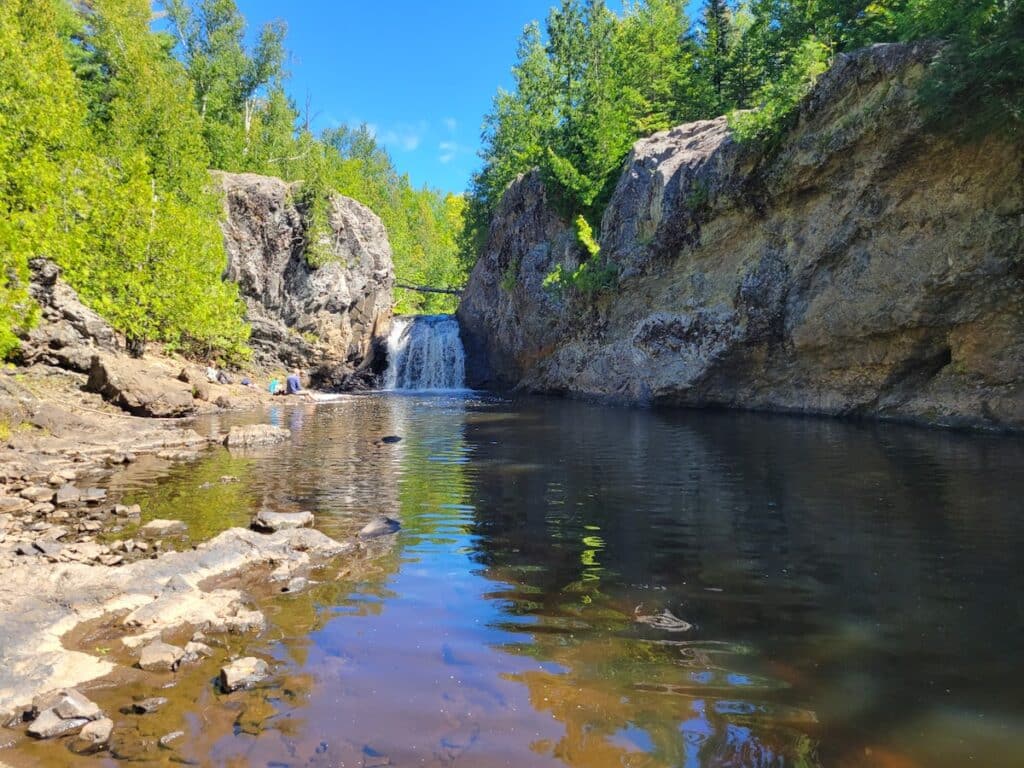
When it comes to choosing where you will go, I try to plan trips that are a day trip away. It can be difficult depending on where you live, but my first overnight backpack trip was a four hour drive from home. To me, this isn’t as intimidating as going backcountry in a national park and it’s easier to anticipate terrain and weather if you’re familiar with the area. My favorite map app for planning hikes is Avenza. I’ve used AllTrails as well, but I’ve found Avenza to be more accurate and reliable when you don’t have cell service.
Carrying all the things is a little scary for newbies, you have a sleep system, clothes, food and water at a minimum. Your pack should not weigh more than 20% of your body weight. If you are going with even 2 people it is easier than you think to spread out some of the gear. I’ve always hiked with 4-6 others and we buddy up and split things. One person puts the tent on their pack and the other carries the poles. One person carries the camp stove and one carries the filter system and fuel. I’ve found making a packing list from a spreadsheet to be helpful as you can break down your hike by days. I fill in what they will want for food for each day and clothing. I’m a chronic over packer and I find this visually helpful and that I can remove things from my pack easier. If you hike in a group, not everybody needs every piece of gear. Most new backpackers are afraid to invest a lot of money in expensive stoves, packs, tents, etc. If you have a group of 4, you probably only need one camp stove to boil water. For a group of 6, we had each couple bring a stove and it was more than enough. There are inexpensive options on Amazon or REI offers gear rentals and sells used gear. I recommend the rental option only because I started out buying cheap versions of everything I needed on Amazon and ended up replacing it all. Looking back, renting would have cost the same, maybe less, and I would have gotten to use better quality gear instead of ending up with a deflating air mattress for 3 nights and a sleeping bag that was not warm enough (warm/light bags can be VERY pricey). I like to keep a running public Wish List on Amazon going with some of my favorite things like clothing, dehydrated meals, sleep pads, lightweight tents and other gear. That way everybody can access it and then buy it wherever they want and it’s always updated.
Having everybody read up online is helpful and I find it alleviates a lot of anxieties about the unknown. I always recommend YouTube videos on how to pack your backpack and tricks for using all the different pouches and attachments on your pack for your gear. Another thing I always do is a practice hike. It doesn’t have to include anything overnight, but head out somewhere near home with your stuff all packed up like you are going out for real. Hike a shorter distance or go for the planned distance, depending on how much time you have. This gives everybody an idea of how heavy their packs will be and if they are fitting correctly. REI will do fittings on packs for free, even if you didn’t buy from them. It’s a great resource and I always recommend this. YouTube has many helpful videos as well for getting yourself fitted especially if you are noticing problem areas. Hike around, and then set up a fake camp. Unpack your packs, put up your tents, put out your sleep system, and make a meal. Then clean up camp and re-pack all of your gear again. This is a huge help for new hikers! It gives you time to help troubleshoot any gear issues and usually it helps you figure out things you may not even need. Just getting yourself unpacked and then packed up again gives a big confidence boost.
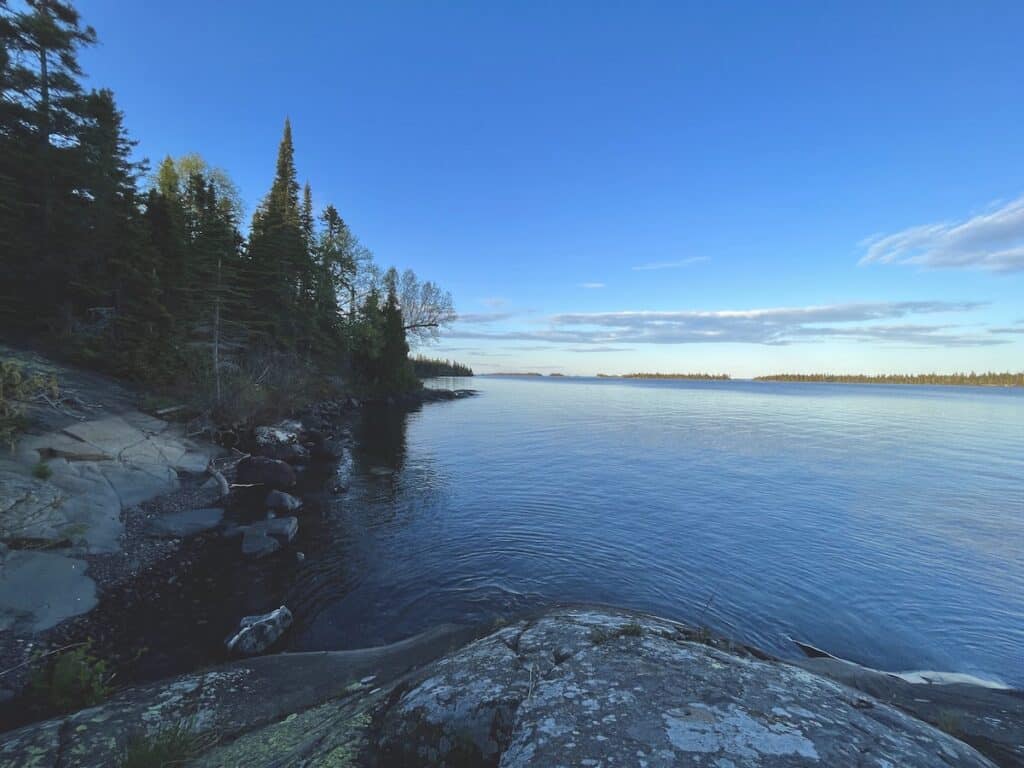
Be An Emotional Support Hiker
If you find yourself in the situation where you’ve actually gotten a few people on board to backpack for the first time, be prepared. Be prepared to be the go to for all the information (spreadsheets are your friend). Be prepared to wake up to a group chat with 50 million messages because someone was anxious texting you after you fell asleep. Be prepared to talk someone off the ledge and from backing out (and be okay if they do). I personally love this part of the planning process because I want to be the one who tells everybody it’s going to be fine. It is scary to be miles away from civilization and that everything you have is on your back. There’s support in numbers. Odds are, if you forgot something, there is someone in the group who has it. Unless it’s your tent poles. Never forget your tent poles, everything else is details. If hiking alone with more than two new people scares you, train up just one friend and then use them as a co-pilot for the experience! That is how I got into backpacking in the first place. My friend got a wild hair up her ass to try this, had her dad show her the basics on a 2 night trip then brought me along for 2 nights in the Porcupine Mountains. It was a disaster in the best way, but we have now taken a group of 6 on several trips and the newbies have all gone on to backpack several times. So, I count that as a win.
Backpacking is one of those activities that I’d always heard about and thought how badass it would be to do. I didn’t take my first trip until I was in my 30’s only because I didn’t think I could handle it and that I would never find anybody to go with. Now I have a core group of 6 women that have traveled all over the US on backpack trips and it’s the most rewarding thing we’ve ever done. If there is one thing that every newbie backpacker has said after our trip, it is that they feel incredibly accomplished and they can’t wait to obnoxiously overshare with everybody they know. Because backpacking makes you a baddie. That’s just a fact.



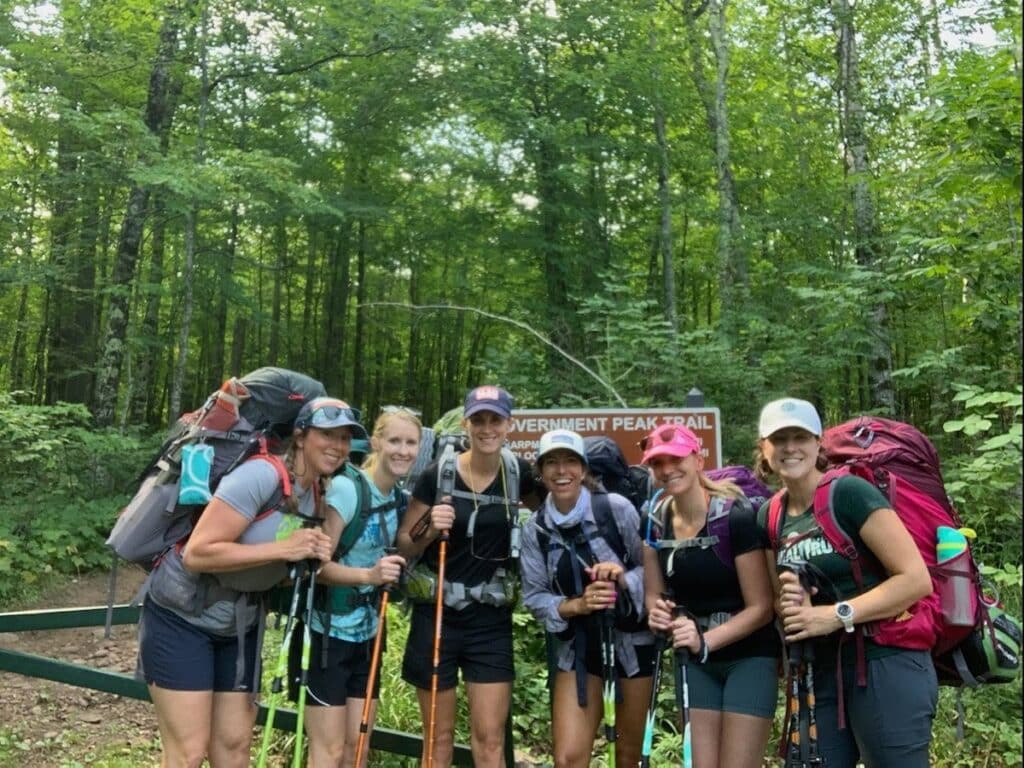
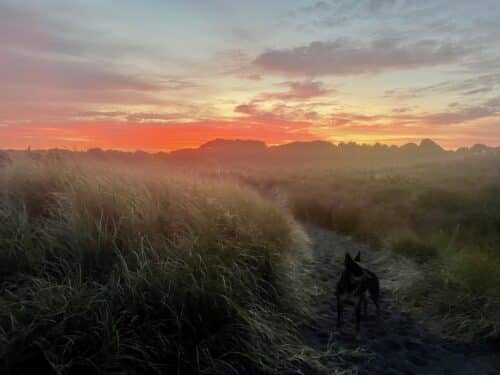
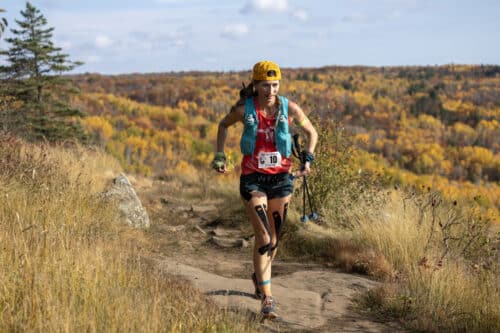


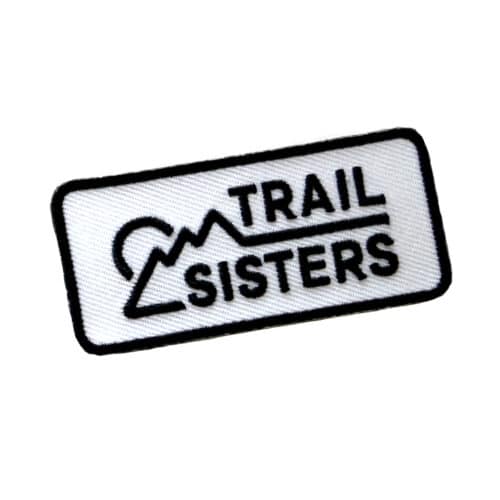
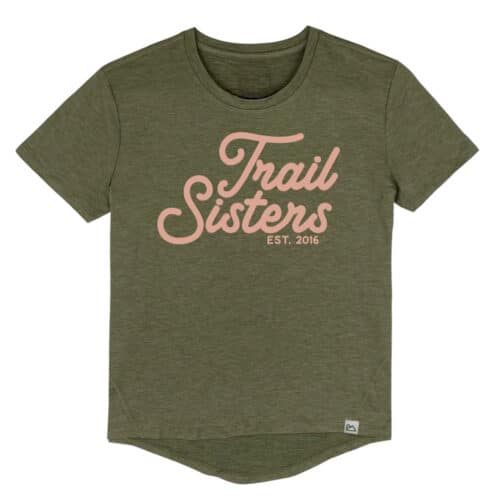
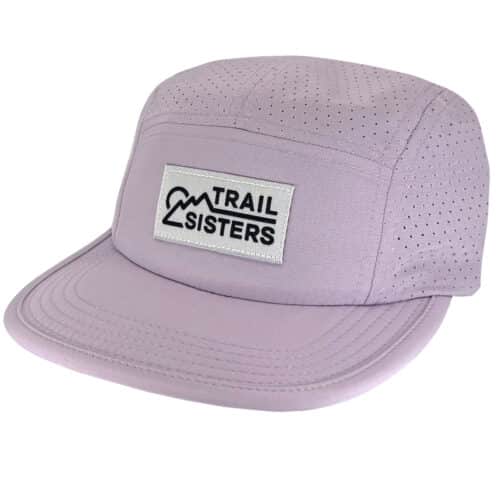
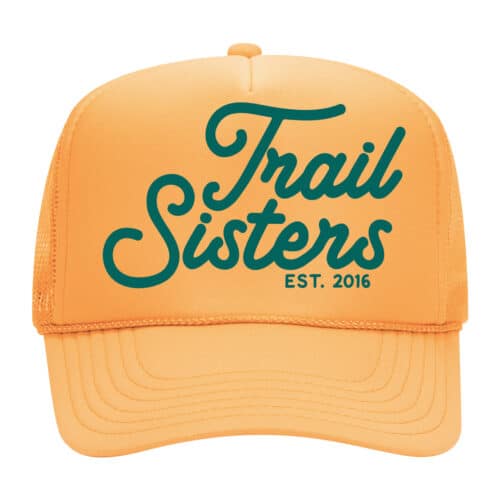
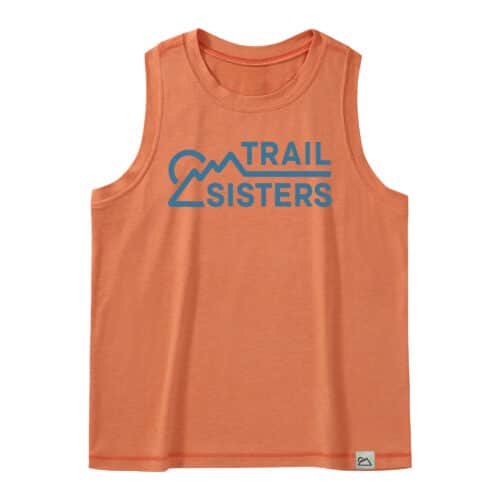
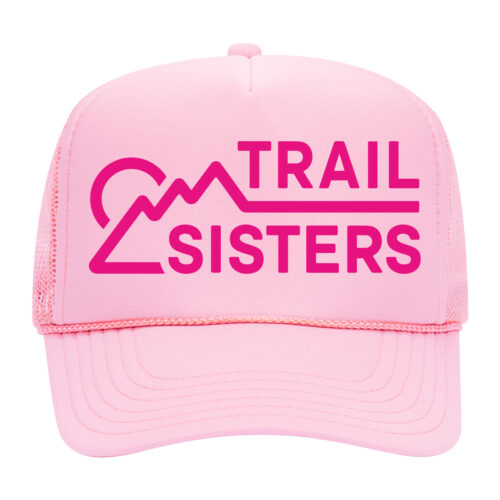


One Response
One thing that should be included here is learning about Leave No Trace – especially in regards to bathroom practices (not many campsites in the wilderness have toilets, just bushes, and are requiring packing everything out) and camping near water.
https://lnt.org/why/7-principles/